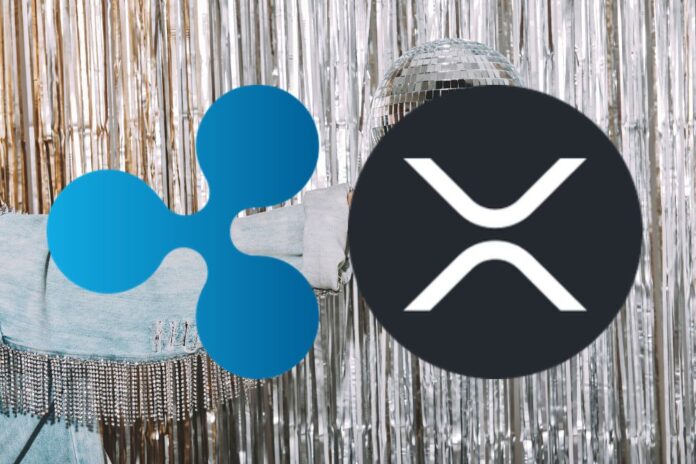Ripple’s stablecoin, RLUSD, and XRP, the native cryptocurrency of the XRP Ledger (XRPL), share a unique relationship as they work in tandem to enhance liquidity and trading efficiency across the decentralized network.
While both assets are pivotal within the XRPL ecosystem, their unique characteristics and complementary roles make them critical components for fostering seamless transactions. Vet (@Vet_X0), a validator on the XRPL, recently weighed in on this, sharing crucial insight into the roles of both assets.
Key Differences Between XRP and RLUSD
The most notable distinction between XRP and RLUSD is in their nature. Vet pointed out that XRP is a neutral, decentralized digital asset with no counterparty risk. This neutrality positions XRP as a bridge asset, enabling efficient cross-border value transfers and reducing counterparty concerns for market participants.
Conversely, RLUSD, as a Ripple-issued stablecoin, has Ripple as its counterparty. Stablecoins like RLUSD are pegged to fiat currencies—in this case, the U.S. dollar—providing price stability and is a reliable medium of exchange within the ecosystem. While RLUSD depends on Ripple’s backing and trust, XRP remains an independent asset with intrinsic liquidity benefits.
Complementary Functions on the XRPL
XRP and RLUSD complement each other by addressing distinct needs within the XRPL ecosystem. XRP’s neutrality and liquidity enable it to act as a bridge asset for transactions involving RLUSD and other tokens. This is particularly advantageous for market makers, as XRP minimizes counterparty risk and can streamline liquidity across diverse assets.
According to Vet, “XRP will always be preferred by market makers” for most trading pairs due to its counterparty-free nature. However, direct stablecoin-to-stablecoin trades, such as RLUSD to RLCAD, will remain an option.
Vet noted that the XRPL’s advanced algorithm automatically determines the optimal path for conversions, whether it involves direct offers or routing through XRP for better rates.
We are on twitter, follow us to connect with us :- @TimesTabloid1
— TimesTabloid (@TimesTabloid1) July 15, 2023
Long-Tail Assets and XRP
XRP’s utility as a bridge asset becomes particularly pronounced for the “long tail” of assets with less liquidity or newly issued tokens. Market dynamics suggest that such assets often lack direct trading pairs with sufficient liquidity. In these cases, XRP can provide a cost-effective intermediary step, improving accessibility and reducing slippage for traders.
RLUSD could play a transformative role in the ecosystem, and the community is excited about its launch now that it has been approved. Vet noted that the stablecoin would help Ripple merge its payment system with the XRPL.
While some highly liquid trading pairs may bypass XRP entirely, the broader thesis is that XRP’s role as a neutral, liquid asset will ensure its relevance in most conversion scenarios. This capability makes XRP indispensable for maintaining efficiency across the XRPL.
Disclaimer: This content is meant to inform and should not be considered financial advice. The views expressed in this article may include the author’s personal opinions and do not represent Times Tabloid’s opinion. Readers are urged to do in-depth research before making any investment decisions. Any action taken by the reader is strictly at their own risk. Times Tabloid is not responsible for any financial losses.
Follow us on Twitter, Facebook, Telegram, and Google News


